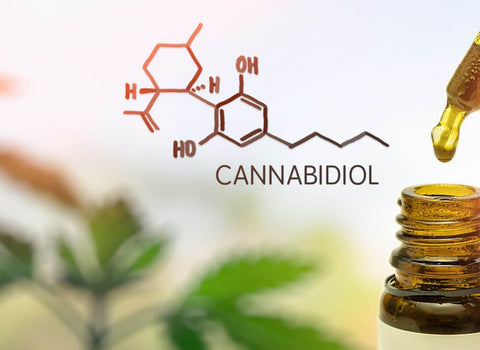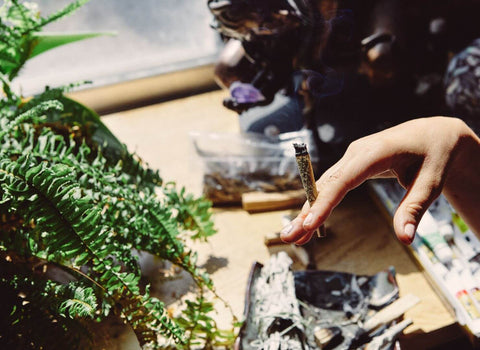What does sober curious mean?
Ruby Warrington’s 2018 book "Sober Curious" popularized the concept. Her book encouraged people to examine their relationship with alcohol without total sobriety.
When you're sober curious, you can still drink alcohol occasionally. You might participate in Dry January or Sober October, limit drinking to weekends, or skip alcohol in certain situations. The approach focuses on mindful drinking instead of eliminating alcoholic beverages.
People choose sober curiosity to improve sleep quality, mental health, or reduce concerns about liver damage and cancer risk. Unlike those with alcohol use disorder, sober curious individuals don't have substance abuse problems. They want to drink less and pay attention to how alcohol affects their wellness goals.
Social media has made sober curiosity trendy, especially among young people who care more about their health than keeping up with drinking culture.
What does it mean to be soberish?
Being soberish means cutting back on alcohol while adding healthier alternatives to maintain the buzz you enjoy. This isn't the temporary experimentation of the sober curious movement. For many people, it's a lifestyle where you mix reduced drinking with microdosed cannabis or other natural alternatives.
The soberish approach lets you dodge alcohol-related issues such as fatty liver, heart disease, and type 2 diabetes without sacrificing the relaxation and social confidence that come from a good buzz. This lifestyle attracts people who want better health but without losing the stress relief and social benefits of mood-altering substances.
What are the sober curious benefits?
The benefits of being sober curious focus on insights and self-discovery rather than permanent health changes. You learn about your drinking patterns and triggers without committing to lifelong sobriety or formal recovery programs.
Being sober curious helps you:
- Learn your drinking triggers and patterns during alcohol-free months.
- Discover how alcohol affects your sleep and energy during breaks.
- Test whether skipping drinks helps with weight loss goals.
- Build confidence by using mocktails in social situations.
- Gain clarity about whether you have alcohol-related problems.
- Practice handling social situations without relying on alcohol.
- Discover hobbies that don't revolve around drinking.
The sober curious approach gives you knowledge and awareness that helps you make informed decisions about drinking. This exploration phase can lead to continued moderate drinking, complete sobriety, or finding healthier alternatives like the soberish lifestyle.
What are the benefits of going soberish?
Alcohol damages nearly every system in your body, from your liver and heart to your brain and digestive system. The more you replace alcohol with healthier alternatives, the more your body can heal and function at its best.
Here are the main benefits of going soberish:
- You fall asleep more easily and wake up refreshed instead of dealing with disrupted sleep from alcohol.
- Your energy stays steady all day without brutal afternoon crashes that come with drinking.
- Your liver gets a break from processing toxins and can focus on keeping you healthy.
- Your blood pressure improves, and your heart stops working against alcohol's damage.
- Your stomach produces less acid, and the inflammation in your digestive system lessens.
- Your metabolism kicks back into gear and stops storing alcohol's empty calories as fat.
- Your skin clears up and looks brighter because you're not constantly dehydrated and inflamed.
- Your mind feels sharper as your brain recovers from alcohol's interference with neurotransmitters.
- Your moods stabilize, and anxiety decreases without alcohol's emotional ups and downs.
- You cut your risk of serious diseases, like cancer, liver disease, heart problems, and stroke.
The benefits stack up with the right soberish options. nama Buzz Packs™ have 5 mg THC and 5 mg CBD in flavorless powder. You can add it to any drink for a soberish escape without harming your health.


![Buzz Drops™ [THC Drink Drops]](http://www.namacbd.com/cdn/shop/files/nama_thc_buzz_drops.png?v=1711412866&width=480)
![Buzz Drops™ [THC Drink Drops]](http://www.namacbd.com/cdn/shop/files/buzz-drop-wine-comparison.png?v=1736882023&width=480)
![Buzz Packs™ [THC and CBD Powder Drink Mix]](http://www.namacbd.com/cdn/shop/files/nama_buzz_packs_thc_drink_pack_white_background.png?v=1741884660&width=480)
![Buzz Packs™ [THC and CBD Powder Drink Mix]](http://www.namacbd.com/cdn/shop/files/Buzz_Packs_Label.png?v=1741884660&width=480)


















Comments (0)
There are no comments for this article. Be the first one to leave a message!